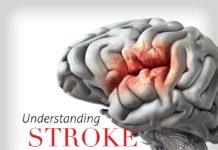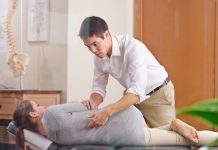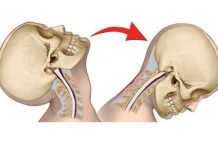Neck and Shoulder Pains in Relation to Physical Activity and Sedentary Activities in Adolescence
Auvinen J, Tammelin T, Taimela S, Zitting P, Karppinen J
Finnish Institute of Occupational Health,
Oulu, Finland
STUDY DESIGN: A cross-sectional survey among adolescents aged 15-16 years.
OBJECTIVE: To evaluate whether physical activity or sedentary activities associate with neck and shoulder symptoms among adolescents.
SUMMARY OF BACKGROUND DATA: Findings of associations between physical exercise and neck or shoulder pain in adolescents are controversial.
METHODS: The study population consisted of adolescents belonging to the Northern Finland Birth Cohort 1986. The present analyses included 3185 girls and 2808 boys. Associations of physical activity level, total sitting time, and different kinds of sedentary activities with neck or occipital pain and shoulder pain were analyzed at 15-16 years of age using logistic regression. Reporting pain (not seeking medical help) and consultation for pain (seeking medical help) were assessed separately in girls but were combined in boys because of a low prevalence of severe pain.
RESULTS: Almost half of the girls and one third of the boys reported mild neck or occipital pain, or shoulder pain, and 5% of girls and 2% of boys reported severe neck or occipital pain, or shoulder pain during the past 6 months. High-level physical activity associated with an increased prevalence of both severe neck or occipital pain and severe shoulder pain in girls, but not in boys. Prolonged sitting was associated with a high prevalence of neck or occipital pain and shoulder pain in girls, and neck or occipital pain in boys. Of various sedentary activities, television watching and reading books associated with neck or occipital pain in girls, whereas playing or working with a computer associated with neck or occipital pain in boys. In girls, television watching also associated with mild shoulder pain.
CONCLUSIONS: Neck or occipital pain and shoulder pain are very common symptoms among adolescents, and both prolonged sitting and a high level of physical activity seem to be related to them.







